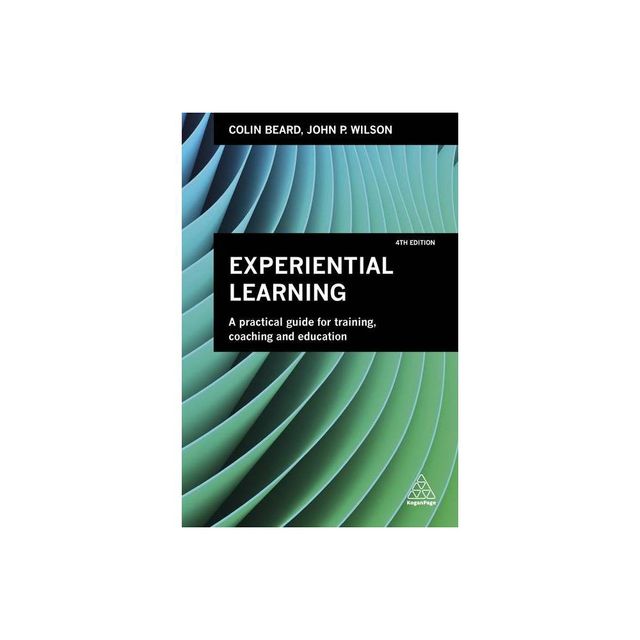Home
The Experiential Educator: Principles and Practices of Experiential Learning
Loading Inventory...
Barnes and Noble
The Experiential Educator: Principles and Practices of Experiential Learning
Current price: $42.50


Barnes and Noble
The Experiential Educator: Principles and Practices of Experiential Learning
Current price: $42.50
Loading Inventory...
Size: OS
*Product Information may vary - to confirm product availability, pricing, and additional information please contact Barnes and Noble
For teachers, college professors, coaches, consultants, and organizational leaders, a big part of the job is to help others learn. Those who have discovered experiential learning theory and applied its principles in their work have experienced a transformational impact on the learners they serve and on their own professional development.
In
The Experiential Educator
Alice and David Kolb show how you can use these principles and practices to maximize learning. Their comprehensive handbook examines the philosophy of experiential learning as expressed in the works of foundational scholars from William James and John Dewey to Carl Rogers and Paulo Freire. They explore the basic concepts of experiential learning theory, describing the current state-of-the-art research and practice in
the concepts of the learning cycle and learning style;
experiential learning and the brain;
how the spiral of learning leads to development;
developing a positive learning identity; and
helping learners to develop skills in mindful deliberate learning.
Application of these principles to promote individual, team, and organizational learning include
creating hospitable spaces for learning that offer challenge and support;
creating learning spaces to develop expertise and sustained lifelong learning; and
key roles that educators need to teach around the learning cycle.
In
The Experiential Educator
Alice and David Kolb show how you can use these principles and practices to maximize learning. Their comprehensive handbook examines the philosophy of experiential learning as expressed in the works of foundational scholars from William James and John Dewey to Carl Rogers and Paulo Freire. They explore the basic concepts of experiential learning theory, describing the current state-of-the-art research and practice in
the concepts of the learning cycle and learning style;
experiential learning and the brain;
how the spiral of learning leads to development;
developing a positive learning identity; and
helping learners to develop skills in mindful deliberate learning.
Application of these principles to promote individual, team, and organizational learning include
creating hospitable spaces for learning that offer challenge and support;
creating learning spaces to develop expertise and sustained lifelong learning; and
key roles that educators need to teach around the learning cycle.


















